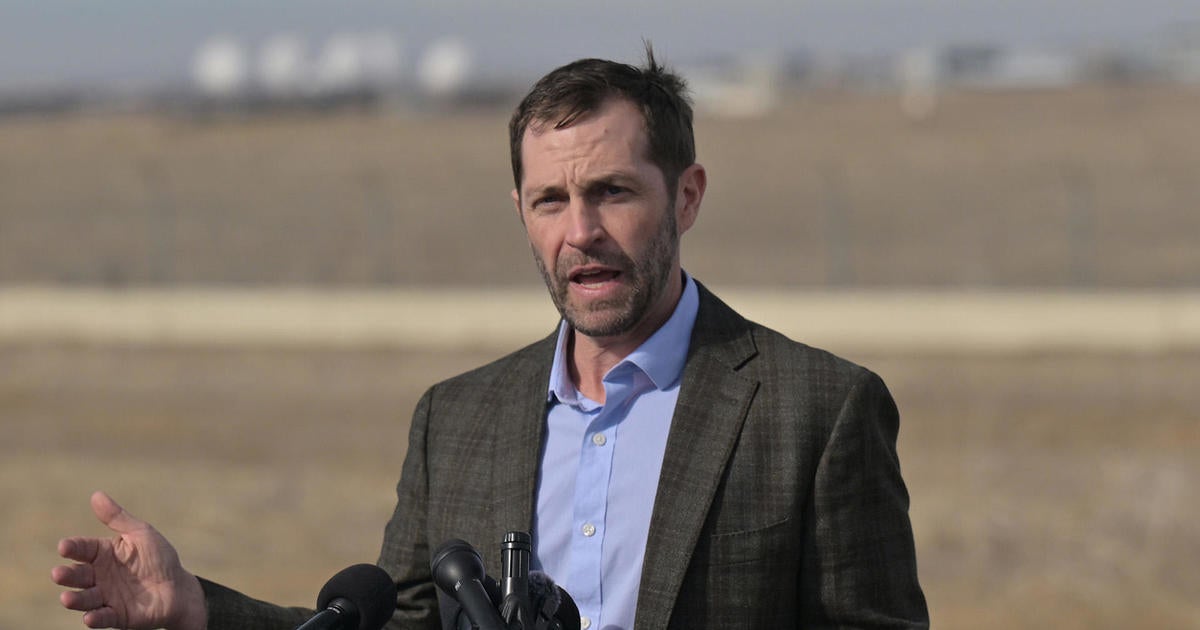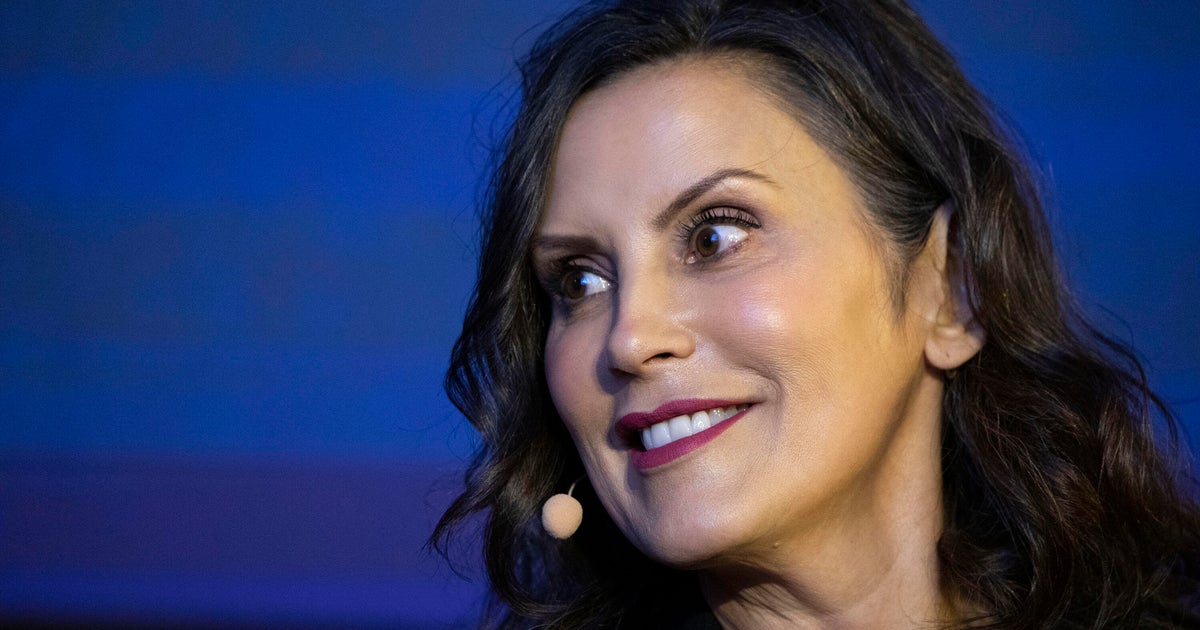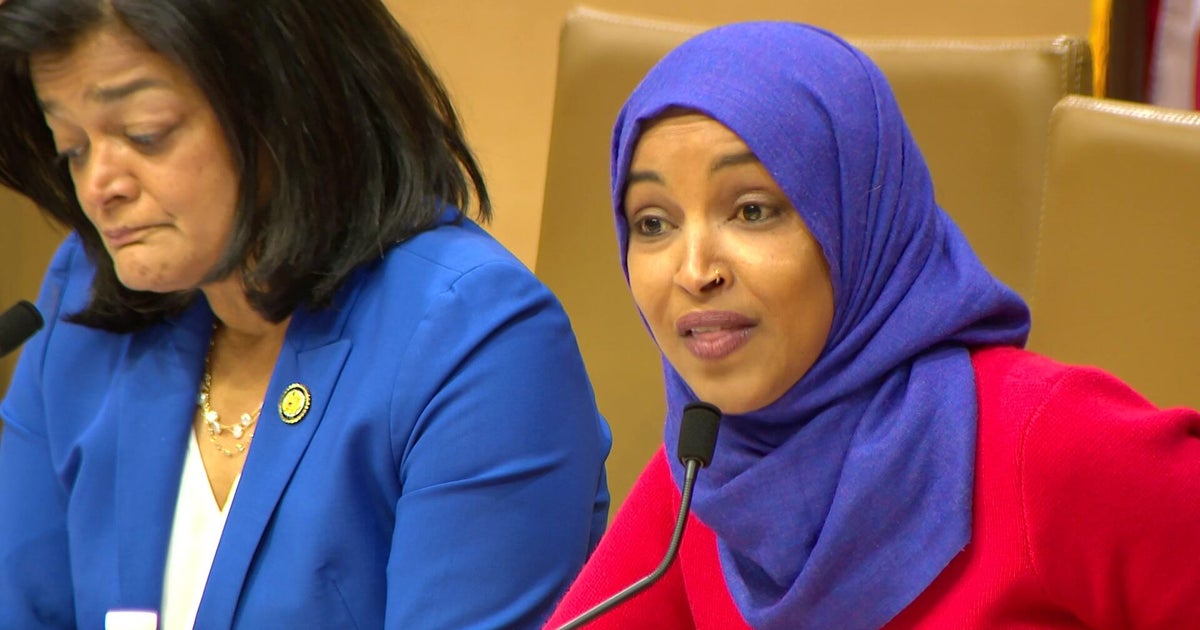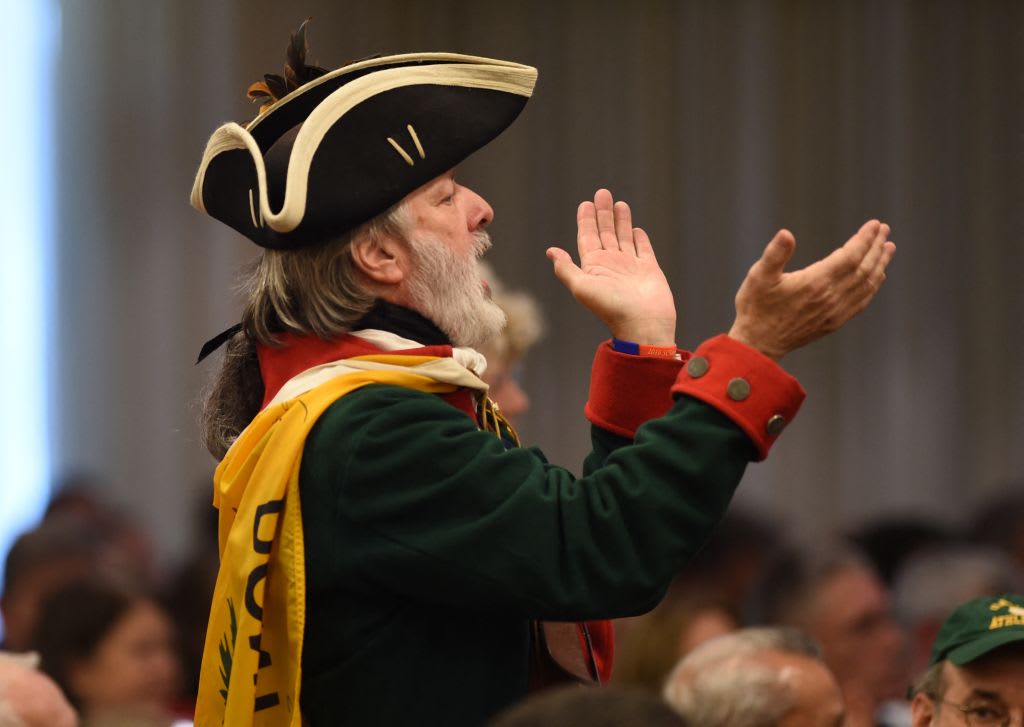Worried about high turnout, some Democrats want to abandon caucuses
The Democratic Party has a record number of presidential candidates and is expecting a record number of voters in next year's nominating contests.
So many voters, in fact, that the party may have to find new ways to get them all to the polls.
To address this expected influx of voters, the Democratic National Committee wants states to abandon lengthy and complicated caucuses and instead embrace simple state primaries.
Primaries and caucuses both exist to award delegates to candidates based on their level of support, and those delegates then head to the party's nominating convention. But caucuses are governed by a more complex set of rules, while primaries operate more like any other election, with voters choosing the candidate of their choice via a secret ballot.
Washington, Alaska, Minnesota, Colorado, Nebraska, Utah, and Idaho are considering primaries instead of caucuses for 2020 to increase participation, according to their state's draft plans submitted to the DNC. Another state considering this change, Kansas, is currently in a 30-day public comment period to hear voters' feedback on the proposed change before officially submitting its plan to the DNC.
Other states opting to keep their current caucus structure, such as Iowa and Nevada, are looking to make the process simpler. This includes reforms like virtual caucuses over the web, tele-caucusing via phone, and early voting, in an effort to provide a chance for those unable to physically attend caucuses to participate.
Kansas and Alaska are using a party-run system to run their primaries. The DNC defines primaries as government-run, not party-run, so Kansas and Alaska will still be considered caucuses according to the DNC even though the format of voting has changed.
"While we encourage states to use government-run primaries, we are requiring those states that conduct caucuses to take steps that will allow for more voters to participate," a DNC spokesperson told CBS News.
The caucus system typically requires voters to spend hours deliberating in groups on which Democratic candidate they want to support. Voters regularly gather in community centers like gyms, churches and schools and then huddle in groups based on their candidate preference.
The caucus system is typically thought to reward the party's most committed volunteers and activists. But the time commitment and space restriction prevents everyone who would like to participate from attending.
Progressive activist Robert Cruikshank, who supported a primary in Washington state instead of a caucus, told CBS News that caucuses "require a lot of money, a lot of volunteer hours, and are ultimately exclusionary."
In a primary, voters choose a candidate on a secret ballot and delegates are awarded based on the percentage of support the candidate receives. With numerous polling locations located throughout an individual state, it makes voting significantly easier.
The spokeswoman for the Washington State Democratic Party, Heather Weiner, said that in 2016, an estimated 200,000 people tried to participate in the state's caucus, which was already more people than the system was equipped to handle. She predicts roughly two million Democrats will vote in the Washington primary in 2020.
Friday marks the deadline for Democratic state parties to submit delegate selection plans that will comply with new guidelines. Throughout the summer, the DNC will review the plans to ensure they comply with the delegate selection guidelines published in 2018.
The new guidelines are the product of the party's Unity Reform Commission, which looked to mend fences between the party's various factions after Hillary Clinton's defeat.
In 2016, Sen. Bernie Sanders' supporters complained that the Democratic Party's delegate process had helped Clinton win the nomination. Joan Kato, the Sanders' campaign Nevada delegate director, said delegates for Clinton had an advantage because they tended to be seasoned participants in the process, while Sanders was more reliant on newer and younger voters.
The new guidelines say states must also include an educational program to inform voters of their delegate processes.





